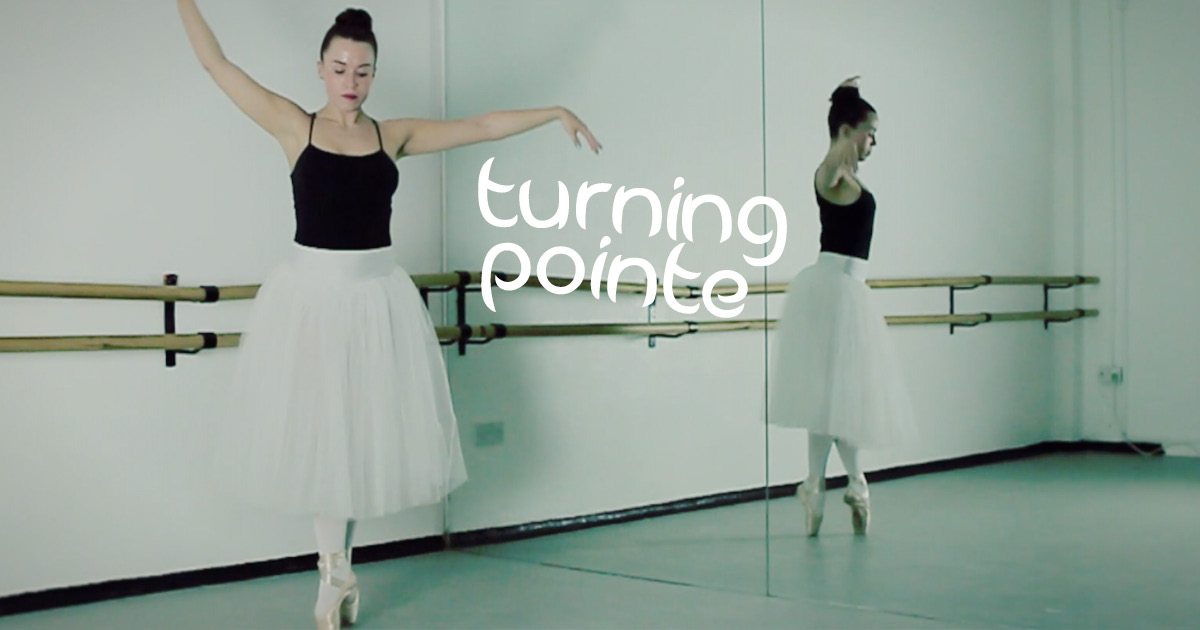Students Speak: Emily Rose
Boar Film interview Emily Rose who completed her degree in Film Studies and Literature at the University of Warwick in 2015. While at university, she was the Books editor at the Boar, Secretary for Warwick New Writing Society, produced The School for Scandal for Warwick University Drama Society and occasionally worked on her degree as well. Emily talks about her latest project in the film industry, Turning Pointe, and her career in the industry after graduation.
Lakshmi Ajay: What were your first few steps, in terms of working in the film industry, after leaving Warwick?
Emily Rose: After I finished up my exams, I applied for everything I could find – internships, work experience, entry level jobs, student films and I got….absolutely no replies. It was really disheartening, especially as I was getting no feedback so I didn’t know how to improve my applications. Finally, I managed to get an internship at a tiny production company based in my hometown, and once I had that experience I moved to London in search of other opportunities!
LA: What exactly is your line of work, and what does it entail?
ER: When I say I work in the film industry, people usually expect me to be fiddling with a camera and shouting at actors. That’s nothing like the area I work in! My experience is in film and television development and pre-production, so that’s everything which needs to happen in order for the shoot to take place: developing the script, attaching ‘talent’ (that’s directors and stars), sourcing money and getting the project off the ground. It’s an office-based job, and especially in the small indies you end up trying your hand at a bit of everything. The more fun parts involve reading scripts and novels, doing research and helping come up with ideas for writers, directors and actors who might be interested in the projects that the company is developing. One of my most exciting moments so far was when I casually emailed Julianne Moore to ask her if she wanted to be in the film my company was making.
Eventually, I hope to become a writer-producer because it’s a nice balance between getting to make creative decisions and keeping an eye on more practical considerations. I’m a self-starter and I find it impossible to give up on a project once I’ve started it, so being a creative producer is ideal for me.
The more fun parts involve reading scripts and novels, doing research and helping come up with ideas for writers, directors and actors who might be interested in the projects that the company is developing.
LA: What is your current project about and what do you hope to achieve through it?
ER: I’m currently working on my own independent short film called Turning Pointe. It follows an ambitious dancer called Alicia at an ultra-competitive ballet school as she prepares for the most important auditions of her life. Alicia is used to taking second place to her talented rival Sophie, but she’s determined this time that she’s going to be the star.
I originally came up with this idea while I was still at university, but it took me a while to work out how I could make it work on a low budget. The difficulty of being a young filmmaker is always that your ambitions often end up being hampered by what resources you have available to you. I’ve always loved ballet and dance movies like Black Swan and The Red Shoes, but I wanted to make a more naturalistic film where no one ends up getting stabbed in the stomach with a mirror. Turning Pointe is about ambitious young people fighting to fulfill their goals, and asks whether it’s possible to be friends with the girls who might be responsible for taking away your dreams. All of us feel jealous at some point, but it’s how we handle this jealousy which shows what we’re like as people.
I’m raising money for the project through Crowdfunding, to cover the cost of locations, equipment and costumes. We’re also reimbursing travel expenses for everyone working on the shoot, meaning that no one is held back from taking part in the project by financial barriers.
It’s important you have a thick skin and a support network to help you keep going.
LA: Did you do anything related to your work while at university?
ER: I did produce some student theatre and a web series, but I never managed to get any professional experience until I graduated. Student projects are a great way to get started and see if you actually like making films. I knew a lot of people at university who “wanted to work in the film industry” but had never made anything themselves. University is a great time to try things out and do things on a very low budget. I would never have realised I wanted to be a producer if I hadn’t done it at university. Unfortunately, most professional companies won’t take your student credits very seriously, but it’s good to start building the skills and knowledge you need for further on in your career.
LA: Any specific pointers or pieces of advice for those hoping to go into the industry?
ER: No one owes you a job. It’s a very, very competitive industry and if you aren’t prepared to work hard and put your all into your career, there’s no point in trying. You will face so much rejection and often get treated badly, especially when you’re just starting out, that it’s important you have a thick skin and a support network to help you keep going.
The other thing I want to emphasize is that it’s not impossible! You don’t need an aunt who works at the BBC to get experience. Start small, with applications for work experience at newer, up and coming companies before tackling the bigger and more prestigious ones. Another great tip is to email production companies and ask if there’s anyone who’s willing to meet you for a coffee. It feels weird to do it, but a lot of people remember how difficult it is when you’re starting out and are willing to give advice. I met some great people at companies like Heyday, Wildgaze and Qwerty Films that way. They also have a lot of their own contacts and they can pass on your CV to other people they know. I’ve got several temp jobs this way!


Comments